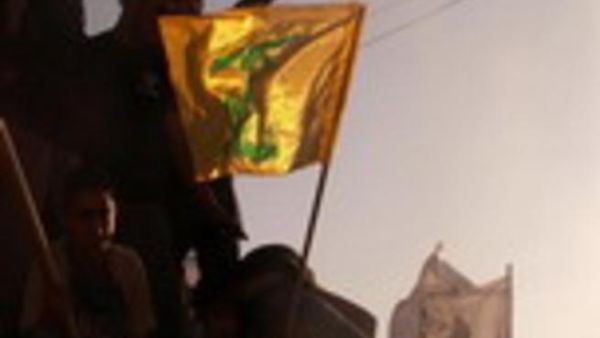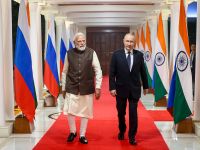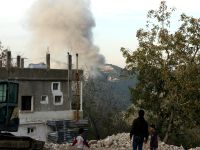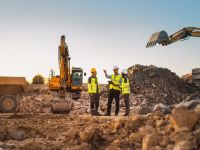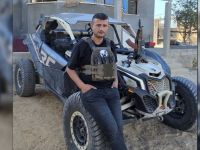With every passing day criticism of Lebanon's Hizbullah and the consequences of its current operation against Israel mounts. Many political figures, while condemning Israeli aggression against Lebanon's infrastructure and civilians, have also voiced their dismay at Hizbullah and its backers.
Perhaps the strongest indication of the growing frustration over the situation was demonstrated on Thursday, when Lebanese Prime Minister Fuad Saniora stated Hizbullah has created a "state within a state" in Lebanon, and must be disarmed. Saniora, speaking to the Italian newspaper Corriere della Sera, hinted that Hizbullah is acting on behalf of Syrian and Iranian interests. "It's not a mystery that Hizbullah answers to the political agendas of Tehran and Damascus," Saniora was quoted as saying. "The entire world must help us disarm Hizbullah," he added.
"The important thing now is to restore full Lebanese sovereignty in the south, dismantling any armed militia parallel to the national army," he said.
Druze leader Walid Jumblatt, a close ally of Prime Minister Saniora, blamed Hizbullah for being a tool in the hands of Iran and Syria. "The war is no longer Lebanon's ... it is an Iranian war," Jumblatt told Arabic news channel Al-Arabiya.
Jumblatt said that Hizbullah's "…arsenal is not there for no reason" and that "Lebanon has become the battlefield" for Iran's nuclear stand-off with the West.
On his part, parliamentary majority leader Saad Hariri slammed Syria for using Hizbullah and Lebanon as a proxy to fight Israel. "The Lebanese people are not responsible for this war. This is a regional war imposed on Lebanon," he told Al-Arabiya. "We should reach a comprehensive solution for this problem and end this long war with Israel in a way that would bring peace to the Lebanese," he conveyed.
"We should find a comprehensive solution which would ... ensure that Lebanon's territory is not used by states which claim to be sisterly while they are not," he added.
Meanwhile, Samir Geagea told the London-based Arabic newspaper Asharq Al-Awsat that Lebanon’s government, and not Hizbullah, should make all political and military decisions when the current crisis is solved. The head of the Lebanese executive committee indicated that the March 14 coalition, of which he is a member, has "much to say" to Hizbullah, after the violence ends.
“…From a strategic point of view, the Lebanese government has to make detailed calculations, in order to understand which measures need to be taken, starting from the facts that have emerged in the last few days, in order to solve the crisis,” he was quoted as saying.
Former Lebanese president Amin Gemayel echoed Geagea's words. “Decisions of war and peace are decisions made on the state level exclusively. It doesn't make sense that Lebanon should be forced into war under conditions and at a timing that don’t suit its national interests. No one has the right to complicate Lebanon in such escapades,” he stated.
Parliament member Boutros Harb was also critical regarding Hizbullah's operation, which started the violence. “What happened in the south is surprising, and occurred at a sensitive and inappropriate time, while we are in the height of the summer months. We must decide who has the right to make decisions on war and peace in Lebanon. Is that right reserved for the Lebanese people and its legal institutions, or is the choice in the hands of a small minority of Lebanese people?” he asked.
As the fighting continues and more Lebanese are killed daily many political figures and ordinary people point the finger of blame at Hizbullah.


